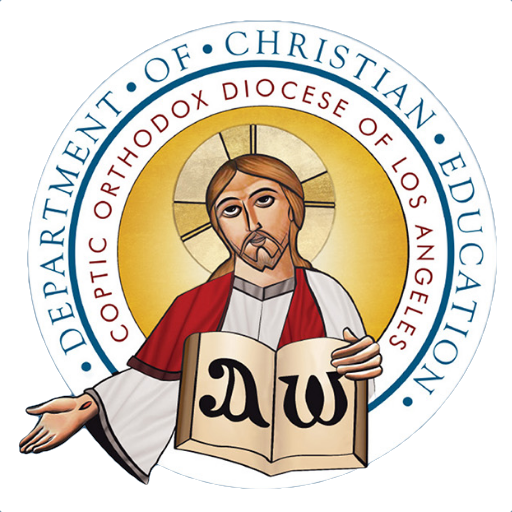"The Fruit of Labor” by St. John Chrysostom
Homily Four for Holy Monday
“The Fruit of Labor” by St. John Chrysostom Sermon 43: On Matthew (25:1), NPNF 1.6
This is an excerpt from the book Ten Paschal Homilies published by Saint Paul Brotherhood.
You can read more by buying a physical copy through Amazon or Kindle
Now in the morning as He returned into the city, “He hungered.” (Matt 21:18) How is He an hungered in the morning? When He permits the flesh, then it shows its feeling. “And when He saw a fig tree in the way, He came to it, and found nothing thereon, but leaves only.” (Matt 21:19) Another evangelist says, “The time of figs was not yet;” but if it was not time, how does the other evangelist say, “He came, if haply He might find fruit thereon.” Whence it is manifest that this belongs to the suspicion of His disciples, who were yet in a somewhat imperfect state. For indeed the evangelists in many places record the suspicions of the disciples. Like as this then was their suspicion, so also was it too to suppose it was cursed for this cause, because of having no fruit. Wherefore then was it cursed? For the disciples' sakes, that they might have confidence. For because everywhere He conferred benefits, but punished no man; and it was needful that He should afford them a demonstrative proof of His power to take vengeance also, that both the disciples might learn, and the Jews, that being able to blast them that crucify Him, of His own will He submits, and does not blast them; and it was not His will to show forth this upon men; upon the plant did He furnish the proof of His might in taking vengeance. But when unto places, or unto plants, or unto brutes, any such thing as this is done, be not curious, neither say, how was the fig-tree justly dried up, if it was not the time of figs; for this it is the utmost trifling to say; but behold the miracle, and admire and glorify the worker thereof. Since in the case also of the swine that were drowned, many have said this, working out the argument of justice; but neither there should one give heed, for these again are brutes, even as that was a plant without life. Wherefore then was the act invested with such an appearance, and with this plea for a curse? As I said, this was the disciple's suspicion. But if it was not yet time, vainly do some say the law is here meant. For the fruit of this was faith, and then was the time of this fruit, and it had indeed borne it; “For already (John 4:35) are the fields white to harvest,” says He; and, “I sent you to reap that where you have not labored” (John 4:38). Not any therefore of these things does He here intimate, but it is what I said, He displays His power to punish, and this is shown by saying, “The time was not yet,” making it clear that of this special purpose He went, and not for hunger, but for His disciples' sake, who indeed marveled exceedingly, although many miracles had been done greater; but, as I said, this was strange, for now first He showed forth His power to take vengeance. Wherefore not in any other, but in the moistest of all planted things did He work the miracle, so that hence also the miracle appeared greater. And that you might learn, that for their sakes this was done, that He might train them to feel confidence, hear what He says afterwards. But what says He? “You also shall do greater things, if you are willing to believe and to be confident in prayer.” Do you see that all is done for their sake, so that they might not be afraid and tremble at plots against them? Wherefore He says this a second time also, to make them cleave to prayer and faith. “For not this only shall you do, but also shall remove mountains; and many more things shall you do, being confident in faith and prayer.”
